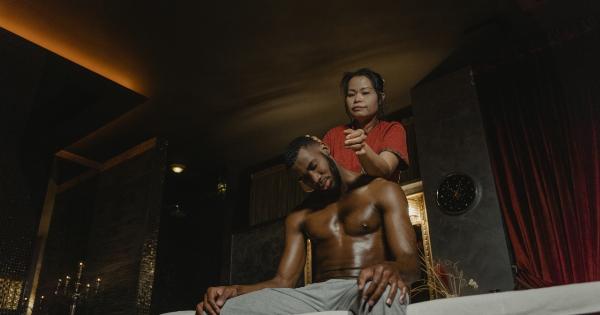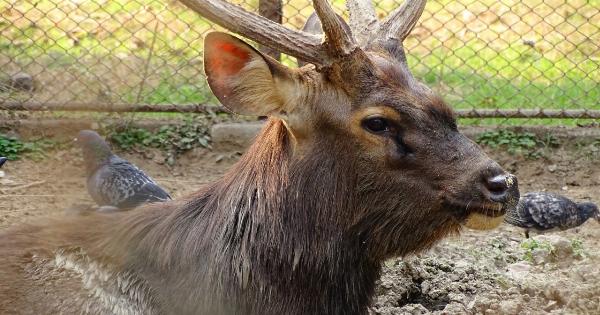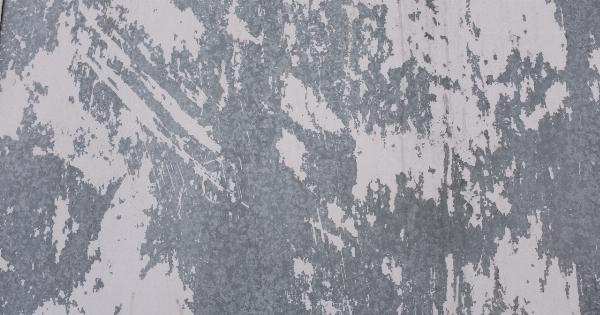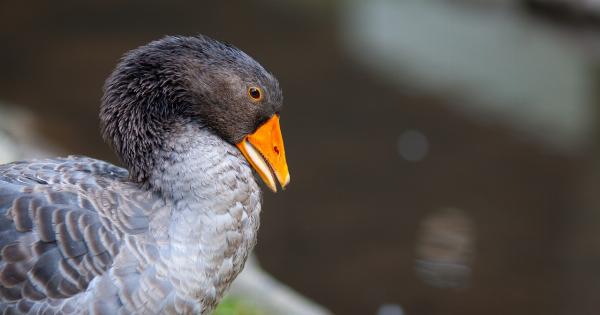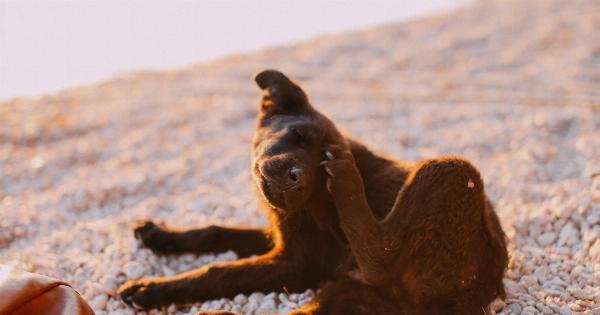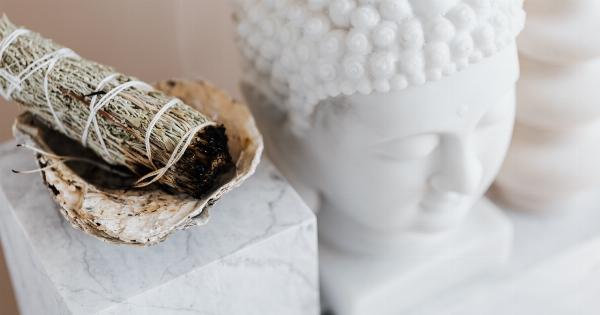Itching on the scalp can be a very annoying problem to deal with. There are several possible causes of this condition, ranging from minor issues to more serious medical conditions. In most cases, it is not a cause for concern and can be easily treated.
Understanding the underlying causes of scalp itching can help you find the right treatment and get rid of the problem quickly.
Dandruff
Dandruff is the most common cause of itching on the scalp. It is a condition that occurs when the scalp becomes dry and flaky, resulting in the formation of white or yellowish scales.
Dandruff can be caused by various factors, including stress, hormonal imbalances, oily skin, and fungal infections. The symptoms of dandruff include itching, flakes of skin on the scalp and hair, and a dry scalp.
Treatment for dandruff usually involves the use of medicated shampoos that contain ingredients like salicylic acid, coal tar, or pyrithione zinc.
These shampoos work by reducing the scalp’s oil production, eliminating fungus if present, and providing moisture to the scalp. It is also important to avoid using harsh shampoos or hot water when washing your hair.
Psoriasis
Psoriasis is a chronic skin condition that can cause itching, inflammation, and scaling of the skin. It commonly affects the scalp, resulting in red, scaly patches on the scalp with silvery-white scales.
These patches can be itchy and painful, and the condition can be worsened by stress, cold weather, infection, or injury.
Treatment for psoriasis includes the use of topical creams or ointments containing corticosteroids or vitamin D analogs. In severe cases, phototherapy and oral medications may also be used.
It’s essential to keep the scalp moisturized to avoid further dryness and irritation.
Head Lice
Head lice are tiny insects that live on the scalp and feed on human blood. They are highly contagious and can be easily spread through direct head-to-head contact, sharing combs, hats, or other personal items.
Head lice infestation can cause severe itching on the scalp, neck, and ears, and the scratching can cause infection and inflammation of the scalp.
Treatment for head lice involves using specialized shampoos and combs to remove the lice and their eggs from the hair and scalp.
It is also important to wash all clothing, bedding, and other personal items that may have come into contact with the lice to avoid re-infestation. Regular checking of all family members and close contacts is also necessary to prevent the spread of head lice.
Hair care products
Using hair care products that contain harsh chemicals or artificial fragrances can cause irritation and itching on the scalp.
The chemicals present in shampoos, conditioners, and other hair care products can strip the scalp of its natural oils and cause dryness and inflammation. Products that contain alcohol, sulfates, or fragrances can be particularly harsh on the scalp and cause itching and irritation.
To avoid scalp irritation and itching due to hair care products, it’s best to use natural, organic hair care products that are free from harmful chemicals.
Also, avoid washing the hair too frequently with hot water, as it can further dry out the scalp.
Conclusion
Scalp itching can be a minor annoyance or a severe condition that requires medical attention. It is essential to understand the underlying causes of the condition to find the right treatment and prevent it from recurring.
Dandruff, psoriasis, head lice, and hair care products are the most common causes of scalp itching. With timely diagnosis and appropriate treatment, this problem can be addressed effectively.








